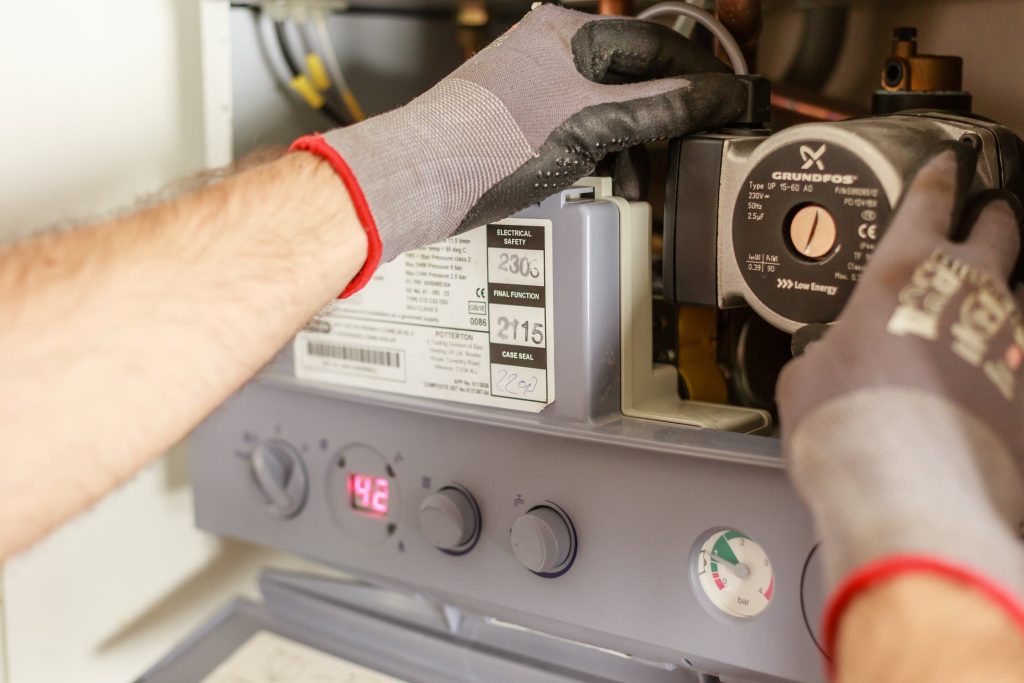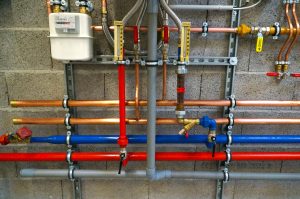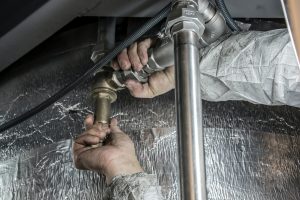The plumbing career is a popular choice. People will always need plumbing services even in a slow economy. And what better career path than that which offers job security? While the demand for plumbers will always be high, complacency has no place in the plumbing field. What may seem like a small mistake can cause significant damage to plumbing fixtures, hence the need for expertise before diving into the field.
Luckily, starting a plumbing career does not have to be expensive. Wondering how to start a career in plumbing? Keep scrolling as we explore the qualifications required and why the career path is one that you may not want to pass.
What qualifications are required to start a plumbing career?
While plumbing career requirements vary by state, there are some basic steps to starting your career path. Here’s how to start a career in plumbing.
- Getting a high school diploma
High school education offers a strong foundation in science, math, and computers. While plumbing career opportunities are great, the path has become very competitive. As such, your high school ATC score may be considered when obtaining a plumbing apprenticeship. So, if you are considering a career in plumbing, ensure that your performance in high school is also stellar.
- Sign up for vocational plumbing courses
While a college degree is not a prerequisite when starting your plumbing career, completing plumbing coursework at a vocational or technical college will benefit your career. For instance, plumbing apprentices are known to be quite competitive. To ensure you remain competitive and do not lose out on apprentice opportunities, undertake and complete the required coursework. Vocational plumbing courses can also help you get an apprenticeship easily, especially if your college helps match students with plumbing companies or unions.
- Complete an apprenticeship program
The importance of an apprenticeship program when starting your plumbing career cannot be stressed enough. Not only do students get on-the-job learning but also earn while at it. But do you need training to start as a plumbing apprentice? No.
However, completing plumbing coursework can help you get an apprenticeship easily. Apprenticeship programs are popularly known for offering the most comprehensive training on the plumbing path. The 4- to 5-year period can seem long. However, once plumbing students complete the program, they become a journeyman and they can work unsupervised.
Apprenticeship programs can be difficult to get. The best way to land one is via a local plumber’s union. And as we mentioned, good college grades can put you in a better place to get one. Even with the exceptional plumbing training, apprenticeships do not offer classwork coursework. As such, apprentices are required to take accredited plumbing courses and complete the required hours.
- Get the required licensing
A plumbing license is mandatory in most states. While the plumbing licensing requirements vary by state, plumbers are required to meet a minimum number of working hours and pass a plumbing examination. Once the examination is passed, the apprentice becomes a licensed journeyman plumber and can work independently. Continuing with the plumber education and taking additional exams as per state laws can earn one a master plumber position. Alternatively, additional certifications such as inspection testing and energy efficiency can give a plumber a competitive advantage in plumbing career opportunities.
Why should you start a plumbing career?
The journey to becoming a qualified plumber is not grueling. But why should you consider a plumbing career and not any other career path?
- You get to earn as you learn
The plumber apprentice program is one of the best plumbing learning avenues. While there are technical programs where you can learn how to be a plumber, you will not earn while learning. Also, the quality of education that you get as an apprentice cannot be compared to the level of education at universities or colleges.
- Plumbers earn a fair wage once qualified
You may earn less as a plumber apprentice; however, once qualified, you enjoy all the perks of the plumbing career. According to the U.S Bureau of Labour Statistics, the median pay for plumbers was estimated at $56,330 per year as of 2020 with the lowest 10% earning below $33,460 while the highest 10% earned over $98,990. As you can see, the earning capabilities are promising.
As a plumber, your salary level will also depend on the plumbing industry chosen. As of May 2020, plumbers in the manufacturing industry earned approximately $58,580 while those working for the government earned $58,260. Those working in the heavy and civil engineering construction industry earned $56,840 while those working for plumbing, heating, and air conditioning contractors earned $55,620.
- Job security
The demand for plumbers surpasses the supply. Even with technological advancements, plumbers will be needed to install and maintain all plumbing fixtures. The employment of plumbers, steamfitters, and pipefitters is also expected to grow by 5% from 2020-2030. Most of the growth is expected as the need for plumbers to replace retired workers grows. This is a great career option if you are cautious about starting a career that does not have job security.
- Career advancements
If you are worried about being stuck in the same plumbing position for years, getting additional education and certifications will lead to career advancement. Whether you start your plumbing career as an apprentice, you can advance it to the level of a senior plumber or even start your company.
- No routine
Whichever line you specialize in, you will solve different problems every day. This reduces the monotony of doing the same task over and over again. Also, you get to interact with different people and travel to different destinations.
- Job variety
The initial plumbing training involves installing, repairing, and maintaining plumbing systems. However, you can take a more specialized path by becoming a steamfitter, pipefitter, gas service technician, distribution manager, pipelayer, or even project manager. Also, you are not limited to one industry, hence you can explore the residential, commercial, or even government sectors.
Bottomline
A plumbing career offers exceptional opportunities. The fair wage, job security, and different plumbing job varieties are just some of the reasons why you should pursue a plumbing career. Starting as an apprentice offers you on-the-job training as you earn. However, ensure to also get the required education and licensing.




